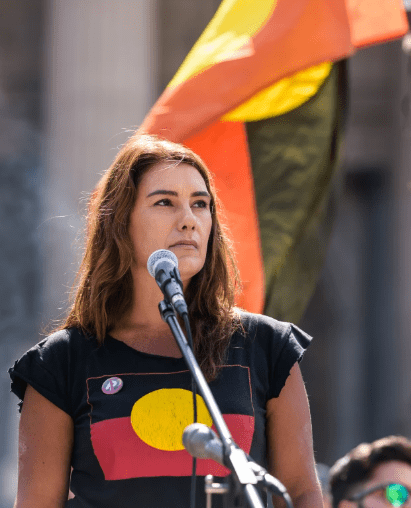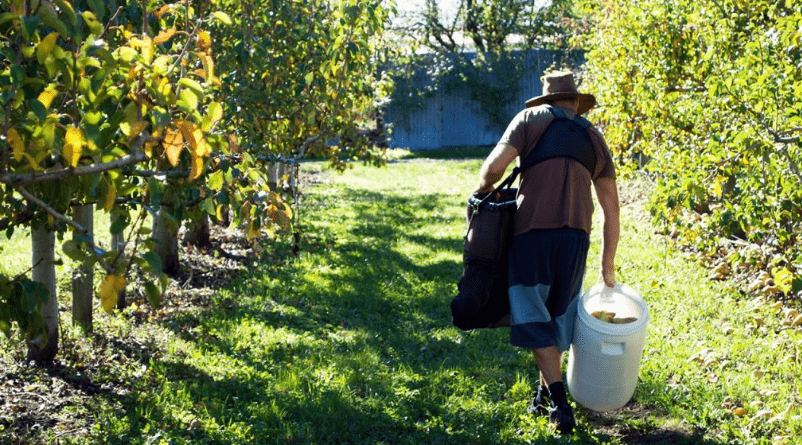A 10-year-old First Nations boy has tragically taken his own life while under state care in Western Australia.
Advocates for the devastated family said the boy, whose identity remains protected, died in an apparent suicide on Friday night, leaving his loved ones shattered and prompting a coronial inquiry.
Sources close to the family say efforts to reunite the boy with his loved ones had been ongoing for months, as they pleaded for the return of other children also placed in state care, the Guardian reports.

Despite assurances of overnight stays and unsupervised visits, these promises failed to materialise, leaving the family grappling with anguish and desperation.
The heartbreaking news comes amid mounting class actions against several state governments over the discriminatory removal of First Nations children from their families, a clear violation of the Aboriginal Child Placement Principles.
In 2006, a First Nations child was 5.7 times more likely to be placed in out-of-home care compared to their non-First Nations counterparts. By 2022, this alarming figure surged to over 14 times, highlighting a systemic failure that demands urgent attention and action.
Last month, a report by the Australian Institute of Health and Welfare (AIHW) revealed First Nations young people aged 10–17 are approximately 23 times more likely than their non-Indigenous counterparts to be under supervision on any given day.
Independent Senator Lidia Thorpe, a fierce advocate for Indigenous rights and the driving force behind the call for immediate governmental intervention, has spotlighted the dire need to implement the long-overdue recommendations of the groundbreaking 1997 Bringing Them Home report.
Despite two and a half decades since its delivery, the majority of its pivotal recommendations remain unheeded, perpetuating a cycle of injustice and harm.
Senator Thorpe, herself a proud Gunnai Gunditjmara and Djab Wurrung woman, has vocally condemned the government’s inability to safeguard First Nations children, denouncing it as a grave betrayal of trust and duty.
“Under Labor, government departments are taking babies just moments after birth, before mothers even get the chance to hold them or see their faces. It’s atrocious cruelty,” Senator Thorpe said on Thursday.
“Our babies are not safe in these systems of child stealing – they never have been. It’s not protection, it’s a national shame.”
Drawing attention to the harrowing link between forced removals and elevated risks of suicide and entanglement with the criminal justice system, she highlights the urgent imperative for systemic reform and genuine reconciliation.
A department of communities spokesperson said the safety and wellbeing of children was always the “highest priority”.
“The death of any child or young person is a tragedy, which has a devastating impact on the families, friends and communities involved,” the spokesperson said.
“In keeping with its legal and ethical obligations, [the department of] communities does not comment on individual cases, particularly where there is potential or evident risk of identifying one or more children in care.
“Any death of a child in care automatically triggers a Coronial Inquest and we support all matters of this nature being investigated.”
If you or anyone you know is experiencing mental health challenges, please contact 13 YARN on 13 92 76.

